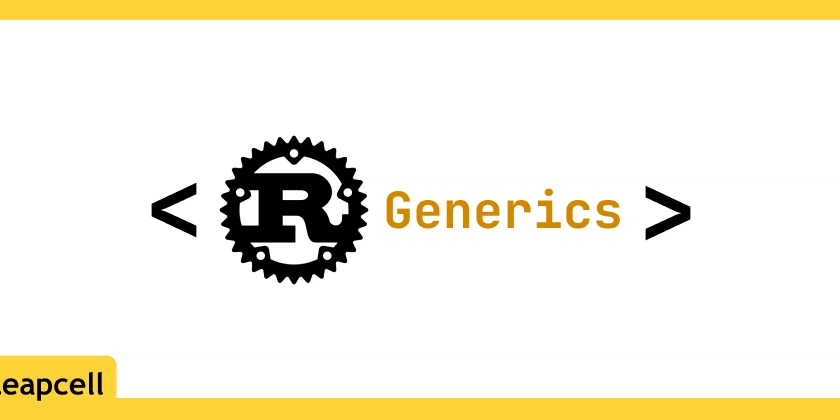Dev
4w
191

Image Credit: Dev
Rust Generics Made Simple
- Generics in Rust allow developers to write flexible and reusable code by abstracting over different data types.
- They help reduce code duplication and enhance the language's expressive capabilities.
- By using generics, a single function can cater to multiple data types, eliminating the need for separate functions for each type.
- In Rust, generics are denoted by placing type parameters in angle brackets, such as
. - Generics can be used in functions, structs, enums, and methods to make code adaptable and versatile.
- Rust ensures the efficiency of generics through monomorphization, converting generic code into specific implementations at compile time.
- Constraints, known as trait bounds, can be applied to generics to specify functionality requirements or restrict types.
- Const generics allow abstraction over values, enabling handling of array lengths and expressing constraints efficiently.
- Rust's generics are zero-cost abstractions, ensuring high performance without runtime overhead.
- Generics play a crucial role in making Rust code flexible, efficient, and less prone to redundancy.
Read Full Article
11 Likes
For uninterrupted reading, download the app